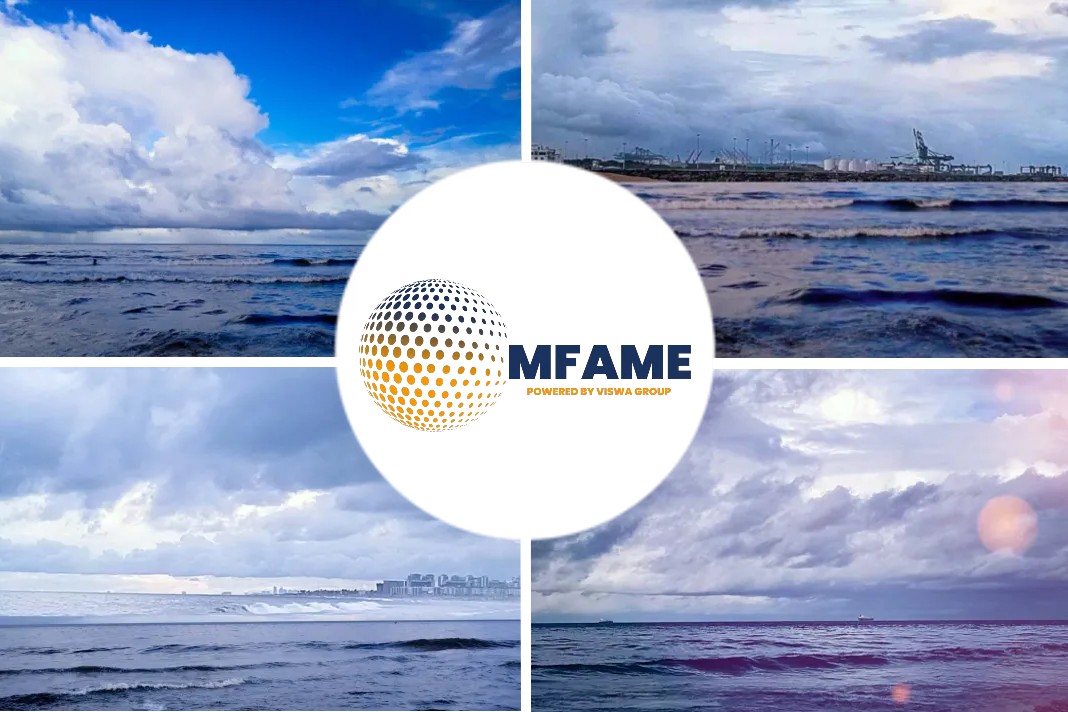
Robust regulation and licensing key to ensuring ARA’s mass flow meter mandate is a success, states an Integra8 news source.
A positive step
The initiative is a positive step towards much needed transparency, but scepticism remains without clarification of enforcement protocols.
On 19 October, the Port of Rotterdam and Antwerp-Bruges Port Authority officially confirmed that Mass Flow Metres (MFM) will become compulsory in Rotterdam, Antwerp and Brugge ports from January 2026. International bunker trading company Integr8 Fuels welcomed the announcement but emphasised that robust regulatory and enforcement protocols will prove critical in order to build confidence in the system.
A report from IBIA and BIMCO in May 22 showed that while strong support exists for licencing schemes, mass flow metering, and the transparency this brings between suppliers and receivers, only 80% of those surveyed trusted a correctly installed, certified, and used MFM.
Chris Turner, Bunker Quality & Claims Manager for Integr8 explained “The announcement is great news, but we must also commit to a transparent model strictly aligned to ISO 22192, with the ability to appropriately enforce and sanction. Without this, even with Mass Flow Meters being mandatory in these ports, endemic mistrust will remain, and the opaque nature of supply will persist in the eyes of many.”
Singapore – The Gold Standard
Singapore’s MFM roll-out could serve as a model for the ARA, Chris points out. The best practices achieved in Singapore was a result of an industry-wide initiative and has been underpinned by government support and regulatory enforcement.
Singapore’s approach has been to strive for best practice and deal with poor performance. Its MFM system reduces the chance of manipulation through the following measures:
• A robust Maritime and Port Authority of Singapore approval process
• Application of the SS 524:2021 quality management standard
• Sampling at the vessel manifold
• Traceable calibration
• Consistent documentation
Supported by robust enforcement, the model encourages dispute reporting and performance reviews, with demerit points and possible loss of licenses as penalties for non-compliance.
Licensing Benefits – Improved Compliance
Integr8 data shows that in the last 180 days there were significantly fewer quantity claims in Singapore than the global average (0.9% of Singapore volume vs 1.6% globally).
Chris continued: “Let’s not forget, many of the alternative fuels will be even more expensive, exacerbating potential hidden losses. With carbon taxes and emission trading schemes approaching, it’s even more important for fuel users to have reliable data and the use of MFMs contribute to that.”
Not only do MFMs significantly reduce the likelihood of hidden loses, but the numbers continue to support licenced MFMs when it comes to VLSFO sulphur compliance. Data available to Integr8 shows that Singapore’s system appears to go a long way in lowering the chance of sulphur over 0.50% being reported (a x6 reduction compared to ARA), and allegations of sulphur breaching the carriage ban (also a x6 reduction compared to ARA).
All this suggests that if a commitment is taken to drive the quality systems to the right level, MFMs and licencing can have a significant benefit to disputes, hidden losses and quality issues, including critical MARPOL non-compliance.
“We have a super chance to make a lasting difference in the supply landscape, let’s seize it.” Chris concluded.
Did you subscribe to our daily newsletter?
It’s Free! Click here to Subscribe!
Source: Integr8fuel















